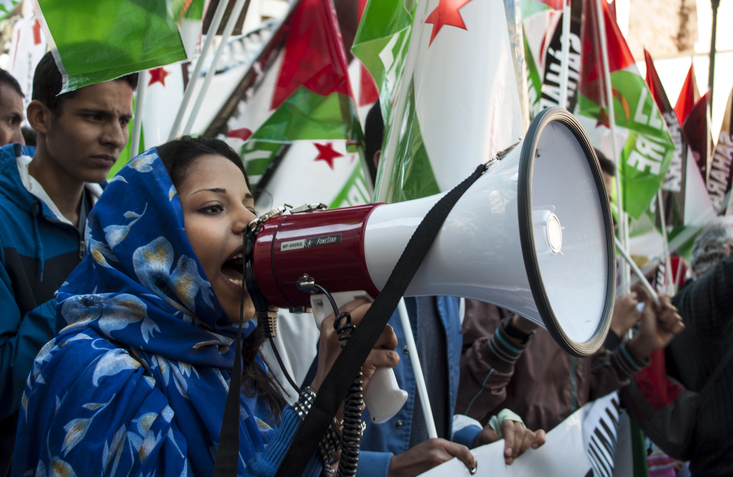In late September 2025, a wave of youth-led protests erupted across Morocco, organized by the decentralized collective known as GenZ212. The name "GenZ212" references Morocco's country code and signifies a generation mobilizing for change. Utilizing platforms like TikTok, Instagram, and Discord, the movement coordinated demonstrations in at least 11 cities, including Rabat, Casablanca, Marrakech, Agadir, and Tangier.
Causes of the Protests
The protests were ignited by widespread dissatisfaction among Moroccan youth regarding several key issues:
Youth Unemployment: With youth unemployment rates soaring above 35%, many young Moroccans face limited job prospects, leading to economic instability and frustration.
Deteriorating Public Services: The recent maternal health crisis in Agadir, where eight women died during childbirth, highlighted the severe deficiencies in the public healthcare system.
Government Spending Priorities: Protesters criticized the government's substantial investments in infrastructure for international sporting events, such as the 2030 FIFA World Cup and the 2025 Africa Cup of Nations, while public services like education and healthcare remain underfunded.
Key Demands of the Protesters
The demonstrators, primarily from Generation Z, articulated several core demands:
Improvement of Public Healthcare: Enhancing the quality and accessibility of healthcare services to prevent further tragedies.
Educational Reforms: Addressing overcrowded classrooms and outdated curricula to provide better learning opportunities.
Creation of Job Opportunities: Implementing policies to reduce youth unemployment and support career development.
Reduction in Spending on Sports Infrastructure: Redirecting funds from large-scale sports projects to essential public services.
Action Against Institutional Corruption: Holding officials accountable for mismanagement and corruption within public institutions.
Government Response and Repression
The Moroccan government's response to the protests has been marked by a heavy security presence and swift suppression of demonstrations. Authorities arrested dozens of protesters in cities including Rabat, Casablanca, Agadir, Tangier, and Oujda, effectively preventing the gatherings.
In Rabat, plainclothes officers were observed detaining youth as they attempted to chant or speak to the media. Notably, child protection advocate Najat Anouar was temporarily arrested while investigating claims of detained minors.
Despite the crackdown, the GenZ212 movement has vowed to continue its protests, emphasizing the importance of youth voices in shaping the nation's future.
International Reactions
The international community has expressed concern over the situation in Morocco:
France: The French Foreign Ministry stated it was "closely monitoring the situation" and emphasized that "social demands and the aspirations of youth must be heard."
Spain: A spokesperson for the Spanish government expressed "concern" over the reports of arrests and called for "respect for the right to peaceful assembly and dialogue between all parties."
United States: The U.S. State Department issued a statement urging "all sides to refrain from violence" and supporting "the freedom of expression and peaceful assembly."
Human rights organizations such as Amnesty International and Human Rights Watch have condemned the Moroccan authorities' actions, calling for the immediate release of detained protesters and an independent investigation into the use of force by police.
Conclusion
The GenZ212 protests in Morocco represent a significant moment in the nation's history, with young people demanding accountability and reform. Their use of digital platforms to organize and mobilize showcases the power of technology in modern activism. As the movement continues, it remains to be seen how the Moroccan government will respond to the calls for change and whether the demands of the youth will be addressed.




